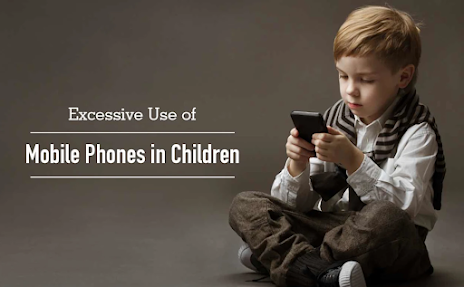Hearing loss is a common problem that affects millions of people worldwide. Age, genetics, exposure to loud noises, and diseases like meningitis or otitis media are just a few of the things that can cause it. While hearing aids can help many people with hearing loss, for some, a cochlear implant may be a better option. In this blog, we will discuss what a cochlear implant is, how it works, and its role in hearing loss.
What is a cochlear implant?
A cochlear implant is an electronic device surgically implanted into the inner ear to provide a sense of sound to people with severe to profound hearing loss. Unlike hearing aids, which amplify sound, cochlear implants bypass the damaged part of the inner ear and directly stimulate the auditory nerve.
How does a cochlear implant work?
A cochlear implant consists of two parts: an external component and an internal component. The external component includes a microphone, speech processor, and transmitter, while the internal component includes a receiver and electrode array.
The microphone picks up sound from the environment and sends it to the speech processor, which converts it into electrical signals. The transmitter then sends these signals to the receiver, which is implanted under the skin behind the ear. The receiver then sends the signals to the electrode array, which is implanted in the cochlea.
The electrode array stimulates the auditory nerve, which sends signals to the brain, where they are interpreted as sound.
Who is a candidate for a cochlear implant?
A cochlear implant is recommended for people with severe to profound hearing loss who do not benefit from hearing aids. It is particularly effective for people who have lost their hearing due to damage to the hair cells in the inner ear. It is also beneficial for people with single-sided deafness, where one ear is severely or completely deaf, and for children born deaf.
The decision to get a cochlear implant is a personal one and should be made in consultation with an audiologist and an ear, nose, and throat (ENT) specialist.
Benefits of a cochlear implant:
Cochlear implants have been shown to benefit people with severe to profound hearing loss. Some of these benefits include:
-
Improved speech recognition: Cochlear implants can help people with hearing loss understand speech better, even in noisy environments.
-
Enhanced quality of life: People with cochlear implants report significant improvements in their quality of life, including their ability to communicate with others, their social interactions, and their emotional well-being.
-
Increased safety: People with hearing loss are often at a higher risk of accidents, such as falls or car accidents, because they cannot hear warning signals. Cochlear implants can help reduce this risk.
Conclusion:
A cochlear implant is a safe and effective treatment for people with severe to profound hearing loss who do not benefit from hearing aids. It works by bypassing the damaged part of the inner ear and directly stimulating the auditory nerve. Cochlear implants have been shown to provide significant benefits, including improved speech recognition, enhanced quality of life, and increased safety. If you or a loved one has severe to profound hearing loss, talk to an audiologist or ENT specialist to see if a cochlear implant may be right for you.





